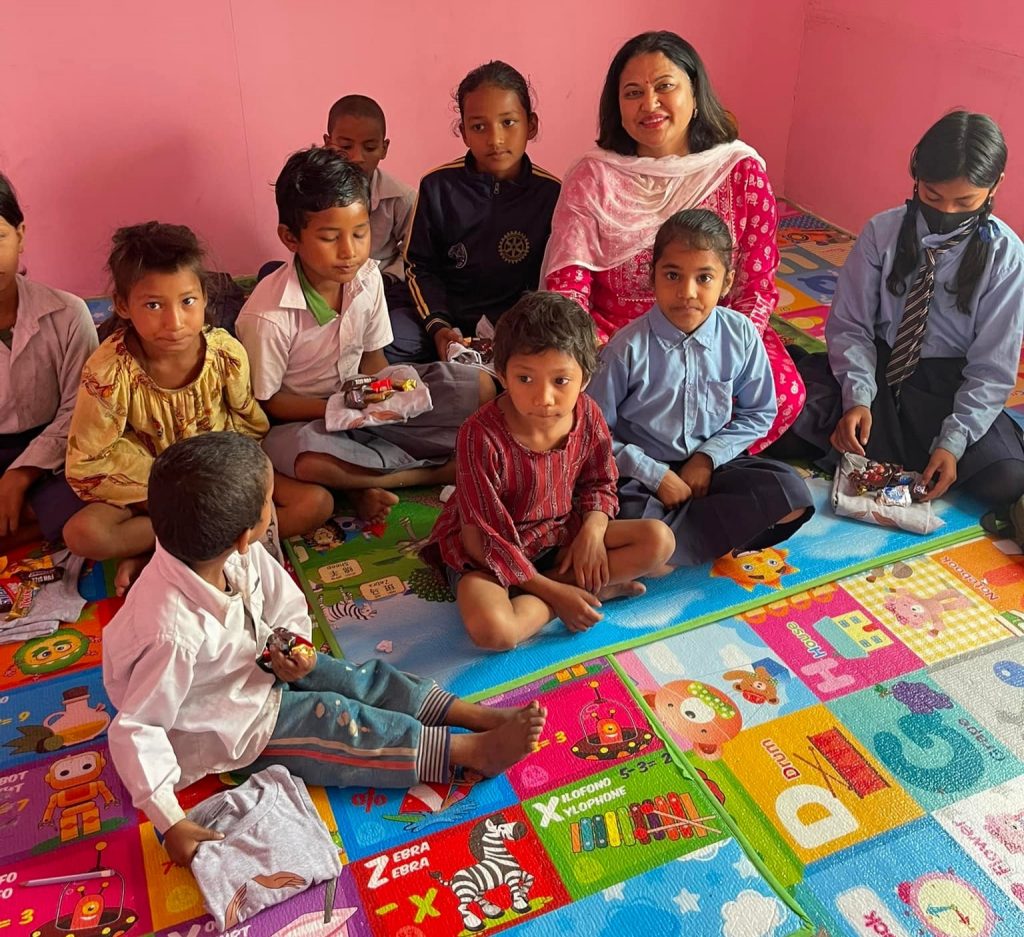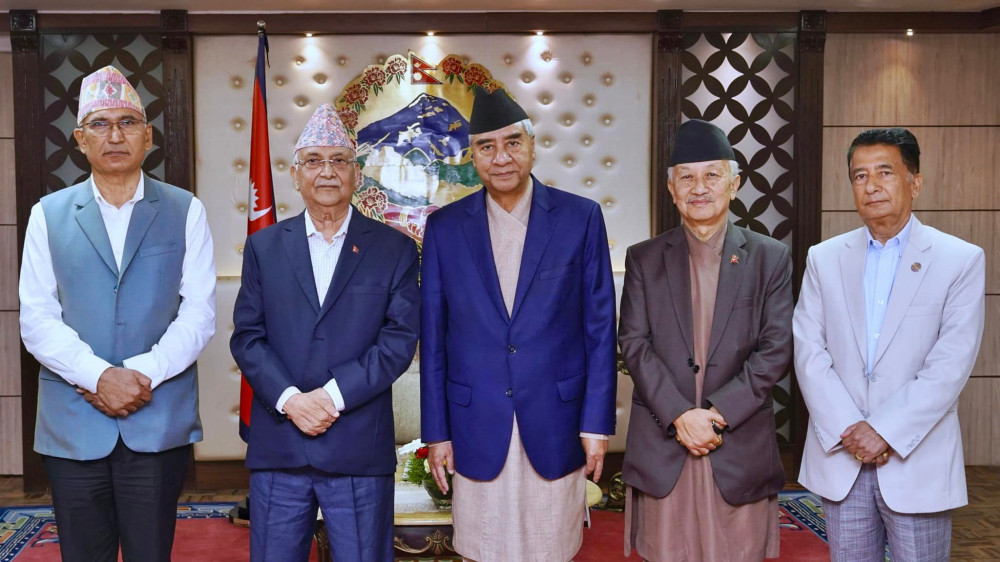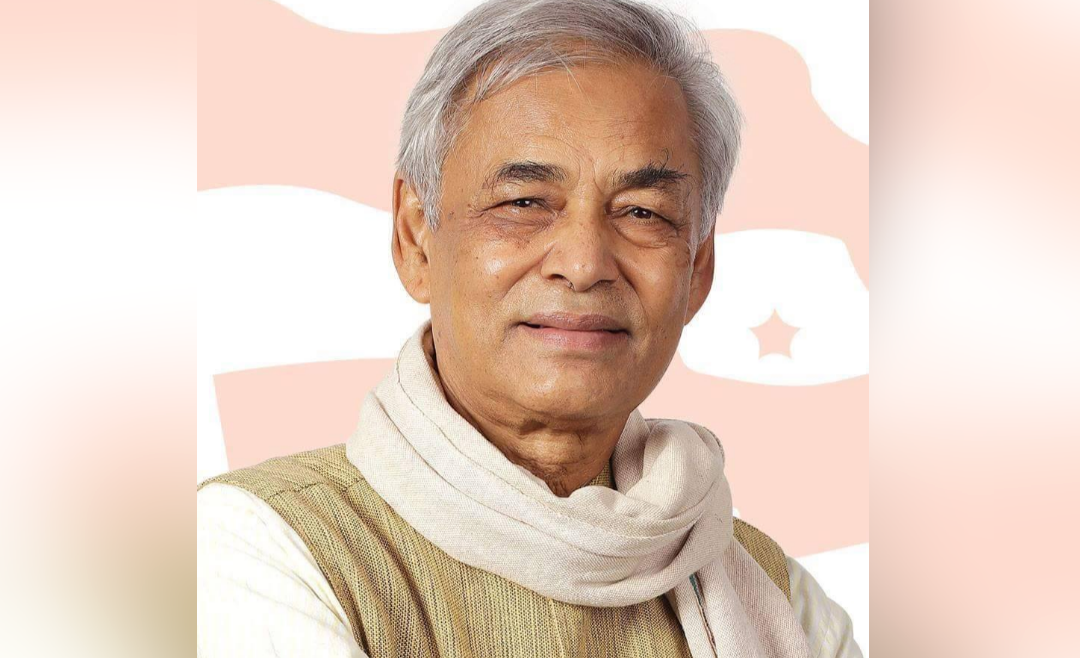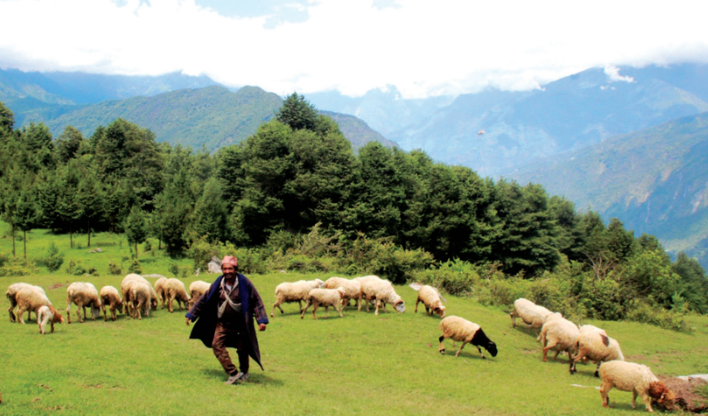The Housekeeper and the Professor book review: An intriguing read
One of my absolute favorite books is ‘Revenge’ by Yoko Ogawa. It’s a collection of interrelated horror short stories. They weren’t downright gory but Ogawa weaves horror into everyday stories like it’s the most natural thing and that still gives me the creeps. Ogawa has written more than 20 works of fiction and non-fiction and won every major literary award in Japan. I had been looking for her other works when I stumbled on ‘The Housekeeper and the Professor’. I bought it without even reading the blurb. The book was first published in 2003 and was translated into English in 2009. It was also made into a film in 2006. A story about a mathematics professor whose memory only lasts 80 minutes, The Housekeeper and the Professor is a beautiful meditation on life, the importance of relationships, and the lasting impact humans have on each other’s lives. A head injury in a car accident leaves a brilliant professor of number theory with short-term memory loss. Numbers are his only way of staying connected with the outside world and fostering connections with people and remembering them. He writes and pins little notes on his suit to help him recall things. The professor has no family except a widowed sister-in-law. She lives in the main house and he in a little cottage behind it. The story is narrated by the housekeeper hired to look after the professor, and offers fascinating insight into the mind of a genius while busting the myth that you have to be one to understand and love math. The housekeeper and her son—whom the professor names Root because ‘the top of his head is flat like the square root sign’—enjoy discovering equations and solving problems the professor comes up with. In the process, the three develop an unshakable bond. Math takes centerstage in this novel. You might find yourself recalling things you studied in school or college. And it suddenly becomes interesting as the professor makes math principles relevant in day-to-day life. Nothing dramatic happens in the book. It’s slow and there isn’t much of a plot. But Ogawa builds up tension by dropping little hints of the professor’s life before the accident. It’s a short book but not one you can breeze through: there is a lot to take in. The Housekeeper and the Professor is a moving story of found family that has you in tears, both of joy and grief. Three and half stars Fiction The Housekeeper and the Professor Yoko Ogawa Translated from the Japanese by Stephen Snyder Published: 2009 (English translation) Publisher: Vintage Pages: 180, Paperback
Bishnu Maya Pariyar: The Gorkha girl taking Jersey City by storm
Quick facts
Born on 1973 in Gorkha
Went to Manakamana Higher Secondary School, Gorkha
Graduated from Pine Manor College, US; and post-grad from Clark University, US
Wife of Pradeep Thapa Pariyar
 To be born into a Dalit family in Nepal is to ensure life-long struggle for your basic rights. The society makes your economic and social advancement nearly impossible. Your struggles will be further compounded if you also happen to be a woman.
I still recall the shame and pain of being an ‘untouchable’ growing up. Imagine being an eight-year-old who is constantly made aware that you are lesser than your friends, that some places are off-limits for you but not for your so-called higher-caste peers.
Despite all the discriminations I faced as a child, I still consider myself lucky because my father sent me to school. He was a hardworking man who worked as a tailor and knew that the only way I could overcome my fate as a Dalit was through education.
While I was attending a primary school in my home district of Gorkha, I was often shamed and bullied not just by students but teachers as well. Despite the tough school environment, I was good in my studies and consistently ranked first in class.
It was because of my good grades that I got a scholarship to study at Manakamana Higher Secondary School. This was a big deal: my family who could not otherwise afford to send me to school. My life changed at the school as it was there that I met John Brookman, my science teacher.
Brookman was a Peace Corps volunteer who had come to teach at my school. When I first came across him, I was afraid he would not like me because I belonged to a Dalit family. But he treated me just like he treated other students in my class. He made me comfortable for who I was, a worthy person in my own right. He in fact inspired many students.
Brookman completed his service in 1990 and returned to his country, but we continued to remain in touch. Before leaving, he had encouraged me to finish my SLC and, if I did, he promised to help pay for my further studies.
I passed my SLC in 1992 and I reached out to Brookman to let him know about my achievement. He then connected me with one of his friends in Kathmandu who was then teaching through a distance learning program for the University of Wisconsin. I was offered a scholarship of $700, which completely changed my life.
[caption id="attachment_29317" align="alignnone" width="1024"]
To be born into a Dalit family in Nepal is to ensure life-long struggle for your basic rights. The society makes your economic and social advancement nearly impossible. Your struggles will be further compounded if you also happen to be a woman.
I still recall the shame and pain of being an ‘untouchable’ growing up. Imagine being an eight-year-old who is constantly made aware that you are lesser than your friends, that some places are off-limits for you but not for your so-called higher-caste peers.
Despite all the discriminations I faced as a child, I still consider myself lucky because my father sent me to school. He was a hardworking man who worked as a tailor and knew that the only way I could overcome my fate as a Dalit was through education.
While I was attending a primary school in my home district of Gorkha, I was often shamed and bullied not just by students but teachers as well. Despite the tough school environment, I was good in my studies and consistently ranked first in class.
It was because of my good grades that I got a scholarship to study at Manakamana Higher Secondary School. This was a big deal: my family who could not otherwise afford to send me to school. My life changed at the school as it was there that I met John Brookman, my science teacher.
Brookman was a Peace Corps volunteer who had come to teach at my school. When I first came across him, I was afraid he would not like me because I belonged to a Dalit family. But he treated me just like he treated other students in my class. He made me comfortable for who I was, a worthy person in my own right. He in fact inspired many students.
Brookman completed his service in 1990 and returned to his country, but we continued to remain in touch. Before leaving, he had encouraged me to finish my SLC and, if I did, he promised to help pay for my further studies.
I passed my SLC in 1992 and I reached out to Brookman to let him know about my achievement. He then connected me with one of his friends in Kathmandu who was then teaching through a distance learning program for the University of Wisconsin. I was offered a scholarship of $700, which completely changed my life.
[caption id="attachment_29317" align="alignnone" width="1024"] Bishnu Maya Pariyar with the children of ADWAN Nepal’s childcare project in Chitwan.[/caption]
I founded the Association of Dalit Women’s Advancement of Nepal (ADWAN) in 1998 as I did not want other Dalits to face the discrimination and trauma that I had suffered growing up.
The association has two central goals: empowering women through financial independence and empowering children through education. We work to end oppression based on caste, gender and class. To date, the association has helped around 50,000 Nepalis.
I was the first girl from my community to graduate from high school. Now, through my organization and the efforts of others, this has become a reality for many other Dalit girls.
While I was pursuing my Bachelors in Arts, one of my friends’ mother, Eva Kassel, asked if I wanted to go to the US with her. There was no way I would have turned down this great opportunity. So I went to America in 1999, and Pine Manor College gave me a scholarship. The college would confer me with an honorary Doctor of Letters (D.Litt.) for my contributions to social work in 2013.
In 2015, the City of Louisville, Kentucky, honored September 27 as ‘Bishnu Maya Pariyar Day’ at the recommendation of Mayor Greg E Fischer, again in recognition of my social contributions.
My life struggle has been featured in Lisa Wright Hoeffner’s book ‘The Writer’s Mindset’ (2021) published by McGraw Hill.
As a social and development worker, I work for the underprivileged women and children in Nepal and the US. At my initiation, the City of Jersey in the state of New Jersey held ‘Nepal Flag Raising Ceremony’ in 2017. The city thus became the first governmental authority in the world to honor Nepal’s flag. I have also worked to pass the Temporary Protection Status (TPS) of the Jersey City Council Resolution for Nepalis living.
I have twice served as an advisory member in Jersey City Mayor Steven Fulop’s Diversity and Inclusion Board. Recently, the government school curriculum for grade seven in Massachusetts incorporated a chapter about me under the subject of World’s History and Geography. Many other Nepali and American organizations have also recognized my work with various awards.
I strongly believe that change is possible and we all can be agents of such change.
Bishnu Maya Pariyar with the children of ADWAN Nepal’s childcare project in Chitwan.[/caption]
I founded the Association of Dalit Women’s Advancement of Nepal (ADWAN) in 1998 as I did not want other Dalits to face the discrimination and trauma that I had suffered growing up.
The association has two central goals: empowering women through financial independence and empowering children through education. We work to end oppression based on caste, gender and class. To date, the association has helped around 50,000 Nepalis.
I was the first girl from my community to graduate from high school. Now, through my organization and the efforts of others, this has become a reality for many other Dalit girls.
While I was pursuing my Bachelors in Arts, one of my friends’ mother, Eva Kassel, asked if I wanted to go to the US with her. There was no way I would have turned down this great opportunity. So I went to America in 1999, and Pine Manor College gave me a scholarship. The college would confer me with an honorary Doctor of Letters (D.Litt.) for my contributions to social work in 2013.
In 2015, the City of Louisville, Kentucky, honored September 27 as ‘Bishnu Maya Pariyar Day’ at the recommendation of Mayor Greg E Fischer, again in recognition of my social contributions.
My life struggle has been featured in Lisa Wright Hoeffner’s book ‘The Writer’s Mindset’ (2021) published by McGraw Hill.
As a social and development worker, I work for the underprivileged women and children in Nepal and the US. At my initiation, the City of Jersey in the state of New Jersey held ‘Nepal Flag Raising Ceremony’ in 2017. The city thus became the first governmental authority in the world to honor Nepal’s flag. I have also worked to pass the Temporary Protection Status (TPS) of the Jersey City Council Resolution for Nepalis living.
I have twice served as an advisory member in Jersey City Mayor Steven Fulop’s Diversity and Inclusion Board. Recently, the government school curriculum for grade seven in Massachusetts incorporated a chapter about me under the subject of World’s History and Geography. Many other Nepali and American organizations have also recognized my work with various awards.
I strongly believe that change is possible and we all can be agents of such change.
About her
Pradeep Thapa Pariyar (Husband)
 I am inspired by what she does to lift Nepal’s most marginalized communities. I committed to helping her in whatever way possible when I realized that caste-based untouchability and racial discriminations are still rampant in Nepal. She is one of the kindest souls. I feel fortunate to have met and fell in love with her. We now work together to end untouchability and inequality in our society in our lifetime.
I am inspired by what she does to lift Nepal’s most marginalized communities. I committed to helping her in whatever way possible when I realized that caste-based untouchability and racial discriminations are still rampant in Nepal. She is one of the kindest souls. I feel fortunate to have met and fell in love with her. We now work together to end untouchability and inequality in our society in our lifetime.
Kishor Panthi (Colleague)
 People know Bishnu Maya Pariyar as a Dalit rights activist but she really is a human rights activist. During the covid pandemic, she advocated and helped not only Nepalis in the US but also other laymen. She is a humble person who is always available to help others. Her contributions have boosted Nepal’s recognition abroad, something which we can all be proud of.
People know Bishnu Maya Pariyar as a Dalit rights activist but she really is a human rights activist. During the covid pandemic, she advocated and helped not only Nepalis in the US but also other laymen. She is a humble person who is always available to help others. Her contributions have boosted Nepal’s recognition abroad, something which we can all be proud of.
Sandy Hecker (Friend)
 I met Bishnu Maya Pariyar at the United Nations. Her commitment to improving the lives of marginalized women and children immediately impressed me and we became friends. She wants to be the voice for the voiceless people. She is generous and everyone respects her. I am fortunate to have her as my friend.
A shorter version of this profile was published in the print edition of The Annapurna Express on August 18.
I met Bishnu Maya Pariyar at the United Nations. Her commitment to improving the lives of marginalized women and children immediately impressed me and we became friends. She wants to be the voice for the voiceless people. She is generous and everyone respects her. I am fortunate to have her as my friend.
A shorter version of this profile was published in the print edition of The Annapurna Express on August 18.
The challenges of a single-phase election
The Election Commission (EC) is preparing to hold elections to the federal parliament and seven provincial assemblies on Nov 20—in a single phase. It’s a herculean task in terms of security, human resources, and logistics. But despite the challenges, the commission is capable of conducting the polls on the same day and in a free and fair manner, says Chief Election Commissioner Dinesh Kumar Thapaliya. The first challenge that the poll-governing body as well as the Home Ministry currently face is management of human resources, mainly security personnel. The Nepal Police is the primary security provider for elections while the Nepal Army (NA) and the Armed Police Force (APF) serve as back-up forces. As the current police strength is inadequate to oversee election security, it plans to hire 120,000 temporary police to secure around 11,000 polling sites and 22,000 booths across the country. Deploying enough security personnel during elections is hard, says Hemanta Malla, a former deputy inspector general of police. “Nepal Police must carry out its daily policing work as well as secure the poll centers.” When the elections to the local bodies were staged earlier in May this year, 62,000 police and around 100,000 temporary police were deployed. For additional security, 32,000 APF and 71,000 army personnel were also on the ground, with their own sets of security plans and mandates. Tek Prasad Rai, spokesperson for Nepal Police, says the major constraint for election-related security is lack of weapons, vehicles, and communication equipment. “We have 2,660 police units across the country but only 1,717 four-wheel vehicles,” says Rai. “We also lack communication equipment and weapons.” Chances of police getting additional communication equipment and weapons before the November polls are slim. In the run-up to the May local elections, Nepal Police had submitted a proposal to the Home Ministry for purchasing weapons. But the ministry initially snubbed it, citing fund-crunch. When the ministry did accept the proposal, it was forced to roll back its decision following a public criticism that the government was planning to buy weapons when the country’s economy is in a terrible shape. During the local elections, the Nepal Police had to borrow weapons from the army. It is likely to do the same for the November elections as well. “Without sufficient weapons and resources, police cannot keep a close eye on every election-related security detail,” says Malla. “In that case, incidents like booth-capturing and vote-rigging cannot be effectively prevented. Management of non-security staff at election centers is another challenge. According to the commission, it needs approximately 260,000 staff—40 percent more than in the May elections—to conduct federal and provincial elections. As the number of government staff is insufficient, the EC will have to hire temporary election officers. The election governing body is also logistically constrained to hold elections in a single phase without any hiccups. Thapaliya, the chief election commissioner, says his office will import only those electoral equipment that are unavailable in the country. The EC also expects logistical support from India and China. It has already communicated with India and China through the Ministry of Foreign Affairs, requesting vehicles, ballot boxes and other equipment. With limited logistics and resources, it is hard to be assured that the elections will be smooth. It would have been far easier for the EC to hold the polls to the federal parliament and provincial assemblies in multiple phases. But both the EC and the political parties are in favor of a single-phase election. Malla, the former inspector general of police, says there was no need to hold elections to all seven provincial assemblies on the same day. “Considering the issue of logistics, India holds its state assembly elections on different dates,” he says. “We could follow a similar model here.” The multiple-phase elections are also cost-effective, as some logistics and resources can be reused. But Thapaliya does not agree. He says the EC is capable of holding elections in a single-phase. “Unlike India, we don’t have a large population and as such we do not need to hold provincial assembly elections on different dates,” he says.
Emotional agility in the workplace
There’s no denying that work-life is hard. Having to deal with so many people with varying emotions, interests, and expectations can get tiring. But that’s why emotional intelligence is so important. The ability to manage oneself in the midst of frustrations when dealing with variables outside of one’s control is at the core of what it means to be emotionally intelligent. Take two people, for instance. One is cool, calm, and collected during confrontations at work. She understands that all her co-workers have their own pressures and that they are all trying their best. She is empathetic but not a doormat. She can be assertive when needed, but generally radiates positive vibes that make working with her pleasurable. On the other hand, there’s a person who takes everything personally, gossips all the time and doesn’t think twice before sharing what he really feels. He excuses it as ‘being himself’, not realizing that what seems like authenticity to him is making life hard for his colleagues. What happens when these two individuals feel angry at work? The emotionally intelligent person is likely to notice feelings of anger arising within her. She realizes that anger is an emotion that is just communicating to her that there is an obstacle in the way of getting something she cares about. She uses anger to understand herself and redirect her actions towards her goal rather than reacting angrily. On the other hand, the person lacking emotional intelligence reacts with anger without realizing that the emotion has gotten the better of him. Instead of seeing anger as a signal, he justifies his unhelpful comments and reactions. We all have thoughts, emotions, and stories inside our heads. If we act on them without consideration, we might end up resentful of both others and ourselves. But instead, what if we learnt to see emotions as data and not directives? When we are governed by our emotions, we become emotionally rigid. We are hooked into our mental chatter and fail to see the bigger picture. The opposite of this inability is the ability to create space between stimulus and response. Instead of reacting right away, we can pause and choose an appropriate response. This fundamental skill is called emotional agility. When we are emotionally agile, we learn to align our actions with our values, intentions, and the kind of person we wish to become. What others do and say is out of our control. But how we think and act are well within our reasoning: are we getting closer to the kind of person we aspire to be or veering away from it? Our emotional intelligence is highly malleable. But we must first be honest with ourselves: what are we like during trying times? What are our aspirations: what kind of person do we really wish to become? Once we find answers to these deep but important questions, we can see what is making us emotionally rigid. Stretching the space between stimuli and our responses requires us to practice taking small pauses. A helpful way to take a pause is to ask ourselves three important questions: First, how am I feeling? Second, what are my options? And finally, what do I truly want? If we practice asking these questions to ourselves regularly, we will quickly realize that the choices available to us are shaped by the way we feel at any moment. Let’s say someone gives us feedback we don’t like. The first step is to recognize feelings of frustration in us. Now what choices do we have? Shouting back? Shutting down and becoming passive aggressive? Or is it to acknowledge frustration in us and to communicate in a way where we try to understand another person’s reasons for the feedback but also share why we would have liked the feedback delivered differently? If we are emotionally agile, we understand the value of our frustration in telling us what’s important to us. But if we aren’t skillful, we might act frustrated rather than using our frustration constructively. Becoming aware of our emotions, intentional with our choices and purposeful with our actions takes practice. You can practice each moment, starting right now. How are you feeling? What are your options? What do you truly want? The author is co-founder of My Emotions Matter, an education initiative that helps individuals and teams learn the mindset and skills of Emotional Intelligence. Learn more at myemotionsmatter.com



















